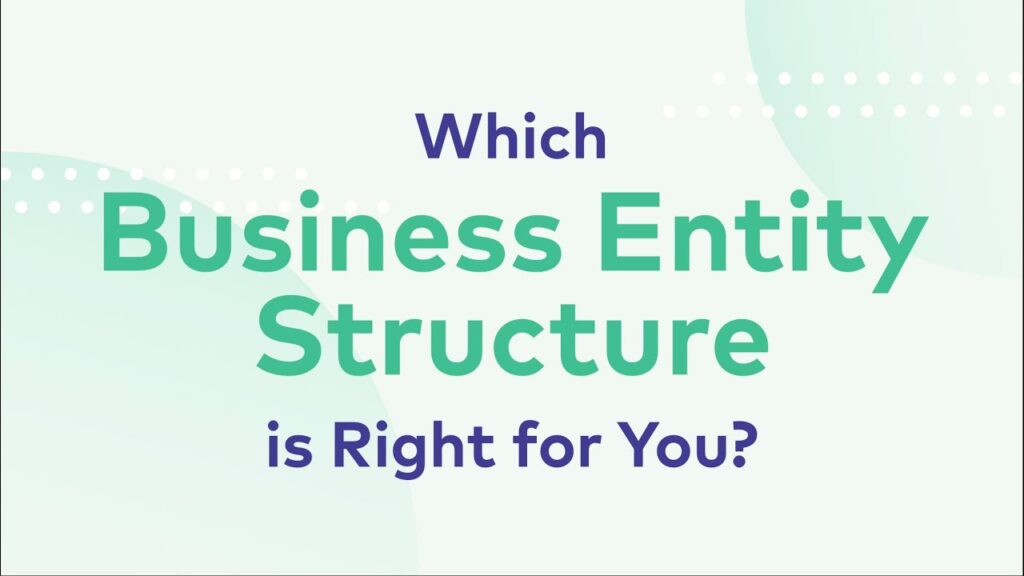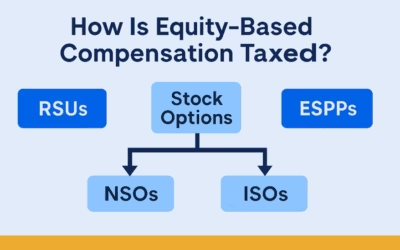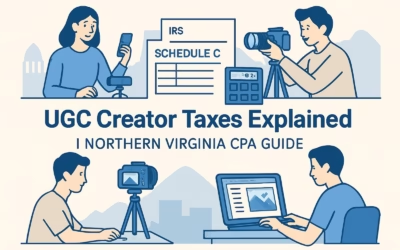Comparison of various form of entities when starting new business
Comparing Business Entity Types: Which Structure is Right for You?
Before starting a new business, one of the first and most important decisions you’ll make is choosing the right business entity type. Your choice impacts your taxes, liability, and long-term growth strategy.
As a CPA in Fredericksburg, VA, I work with small business owners across Virginia, DC, and Maryland to evaluate which structure best aligns with their goals. Below is a comparison of the main types of entities.
Sole Proprietorship
-
Easiest and least expensive to set up.
-
No formal requirements.
-
Disadvantage: No personal liability protection — your personal assets are at risk.
-
Many corporate tax benefits are not available.
Partnership
-
Similar to a sole proprietorship, but owned by two or more people.
-
Can be general partnerships (all partners liable) or limited partnerships (some partners protected from liability but with limited involvement in management).
-
Income passes through to partners, avoiding corporate tax.
Limited Liability Company (LLC)
-
Popular with small businesses in Virginia.
-
Provides personal liability protection for owners.
-
Default tax treatment: pass-through (like a partnership), avoiding double taxation.
-
Can elect S-Corp status for potential payroll tax savings.
S Corporation
-
Provides liability protection without corporate income tax.
-
Profits pass through to shareholders, taxed at individual rates.
-
Limits:
-
Restricted to 100 shareholders (all U.S. individuals).
-
Over 2% shareholders cannot receive tax-favored fringe benefits.
-
-
Growth potential and access to outside capital are limited.
C Corporation
-
Subject to double taxation (corporate tax + dividend tax).
-
If profits are reinvested, the overall tax may be lower than in an S-Corp.
-
Advantage: Owners who are employees can access full corporate fringe benefits (medical insurance, group-term life, retirement plans).
-
Preferred for larger companies or those seeking outside investors.
Other Considerations
Once you decide on an entity type, you’ll also need to plan for:
-
Payroll tax and income tax reporting
-
Budgeting and startup costs
-
Retirement plan setup
-
Hiring employees vs. independent contractors
Choosing the right structure upfront can save you thousands in taxes and reduce personal risk.
Learn More and Work With a CPA
For IRS resources, visit:
👉 IRS – Business Structures
For personalized advice, work with a local CPA who understands both federal and Virginia tax laws. At AI Tax Consulting PLLC, we help small business owners in Fredericksburg, Stafford, Northern Virginia, and across the DMV choose the best entity type for tax savings and long-term success.
📞 540-300-8090
💬 Schedule an Appointment Online



